Keywords: Non-Government Schools
-

RELIGION
- Andrew Hamilton
- 21 August 2024
This year’s Social Justice Statement is ambitious in its scope. From the ravages of war to the erosion of truth, the statement challenges us to confront the root causes of our divisions and seek a path toward a more just and peaceful future.
READ MORE
-

AUSTRALIA
- Michael McVeigh
- 25 July 2024
While proposing broader access to tax deductibility for some charities, the Productivity Commission's new report on charitable giving suggests removing benefits for religious entities. This raises serious questions about the role of religion in fostering charitable giving and the potential consequences of these reforms for Australia's charitable landscape.
READ MORE
-
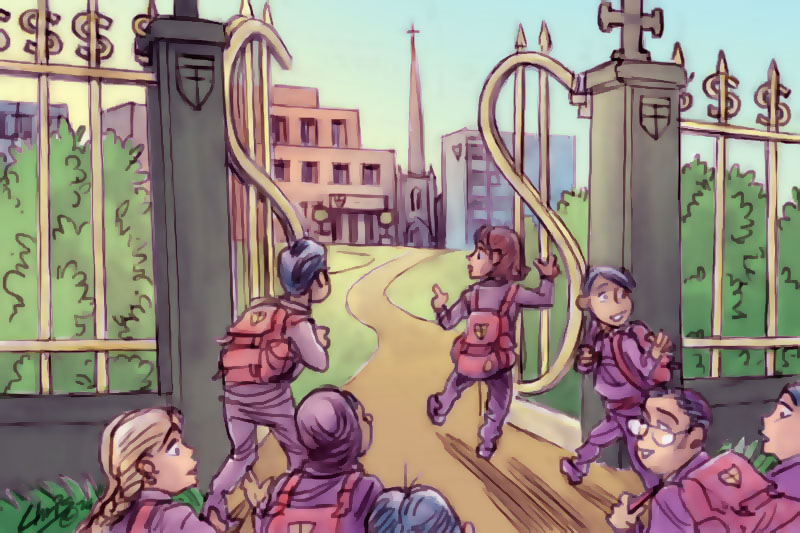
EDUCATION
- Chris Curtis
- 27 June 2024
In the new schools funding model, schools at the upper and middle parts of the parental income spectrum will find budgets getting tighter each year, and fees will likely increase. The worst affected schools will be those whose parents earn higher incomes but which have kept their fees low so that poorer families may also enrol their children.
READ MORE
-
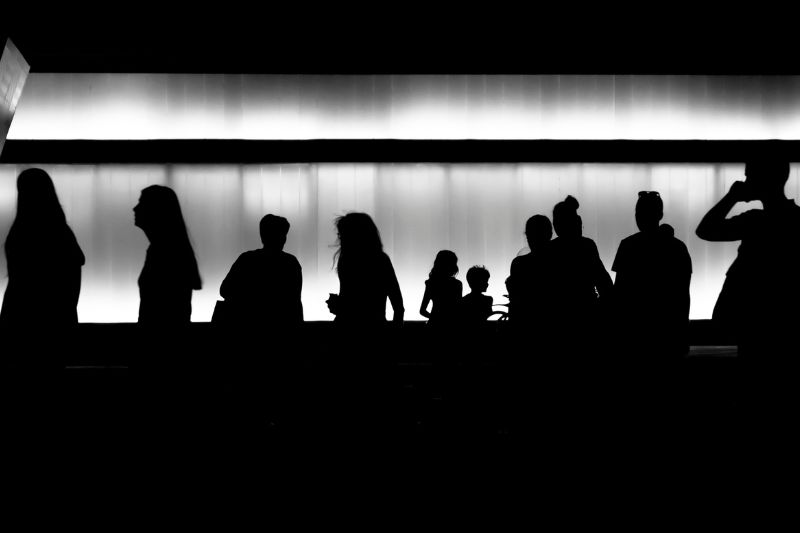
EDUCATION
- Michael Furtado
- 20 March 2024
5 Comments
As challenges to anti-discrimination exemptions are likely to persist within Catholic education, how can the government and religious institutions collaborate effectively to balance the freedom of expressing religious beliefs with safeguarding the rights and freedoms of everyone involved?
READ MORE
-
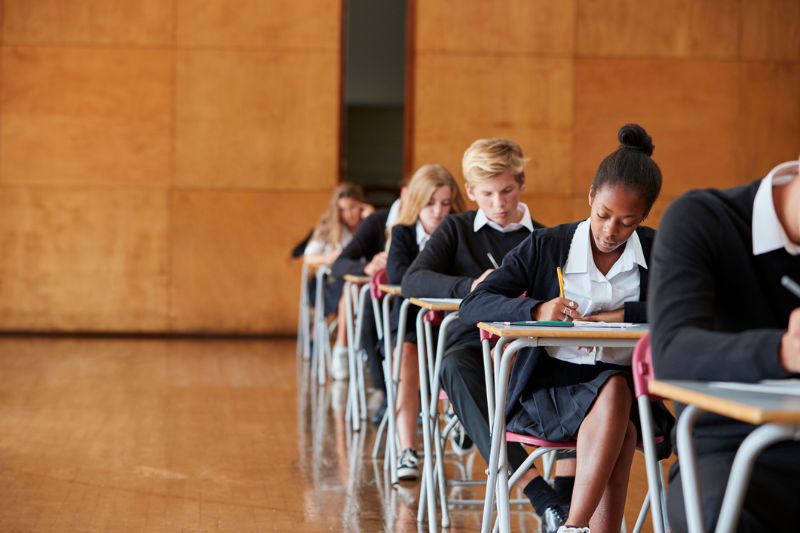
EDUCATION
- Erica Cervini
- 13 December 2023
3 Comments
As Australian students receive their year-end academic results, a stark educational divide comes into focus, with high-fee-paying private and selective government schools leading the ranks. This trend highlights significant socio-economic disparities across the country, raising urgent questions about the accessibility and true cost of academic excellence in a nation grappling with inequality.
READ MORE
-
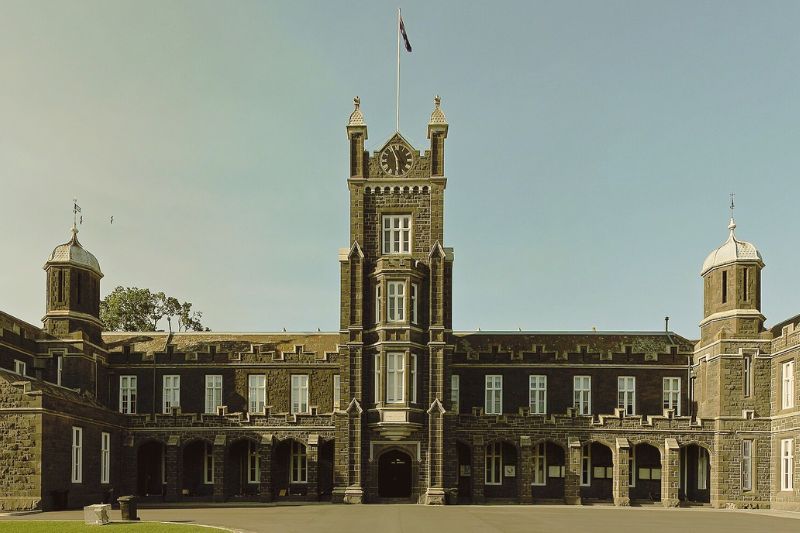
EDUCATION
- Chris Curtis
- 29 November 2023
6 Comments
Australian school funding is full of common misconceptions, and creating a rational, just, and effective school funding model requires cutting through media-driven inaccuracies to understand the real needs of Australian students and schools.
READ MORE
-

EDUCATION
- Michael Furtado
- 28 September 2023
38 Comments
As Australia grapples with educational inequality, those in the Catholic education system must ask: how do we test for a clear commitment to Catholic Social Teaching and the seminal role it plays in enunciating the guiding principles of Catholic education, particularly in regard to it being offered, ‘first and foremost … to the poor’?
READ MORE
-
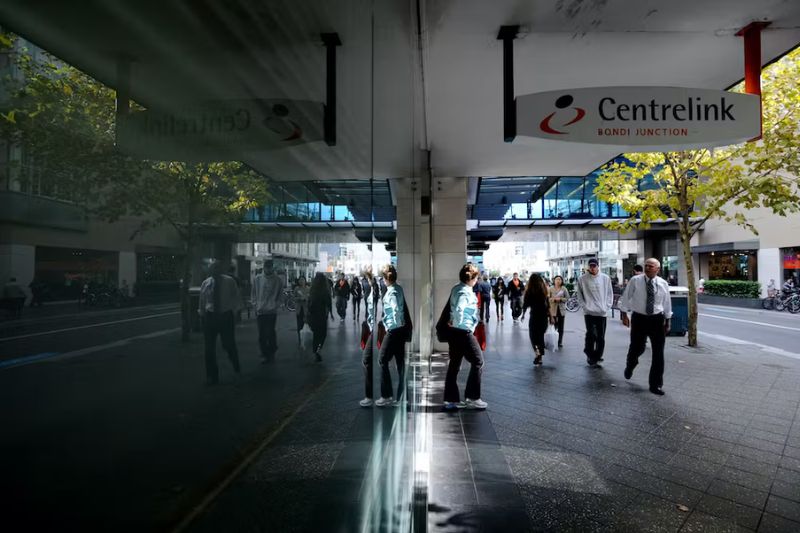
AUSTRALIA
- Andrew Hamilton
- 24 May 2023
1 Comment
When exploring the ties between Federal Budget week and Laudato Si’ Week, it becomes clear there's an urgency to address economic inequality and climate change as a single, intricately linked problem. While the latest budget promises minor benefits, it lacks robust measures to tackle these major issues.
READ MORE
-

AUSTRALIA
- Joel Hodge
- 10 August 2021
13 Comments
Whatever one thinks of the Census21 campaign, I agree with the implicit aim: all people should be honest in answering the Census questions. It doesn’t matter whether one is affiliated to a major religion, no religion, or has another spirituality not listed, it is crucial that we give compete answers that reflect our real lives.
READ MORE 
-

AUSTRALIA
- Andrew Hamilton
- 11 March 2021
10 Comments
The Royal Commission was right to insist on a human rights focus to aged care. It should also be insisted on in care for people who experience mental health issues. For that focus to remain sharp, however, it must be based in attention by people at all levels of responsibility, political and managerial included, to the concrete human relationships of the people whom programs serve.
READ MORE 
-

RELIGION
- John Warhurst
- 14 October 2019
8 Comments
The royal commission concluded that child safety, in all its organisational ramifications, raised questions of culture and governance for the church. If the Plenary Council 2020 doesn't take such issues seriously then it will be one indicator that the momentum around last year's official national apology has slowed.
READ MORE 
-
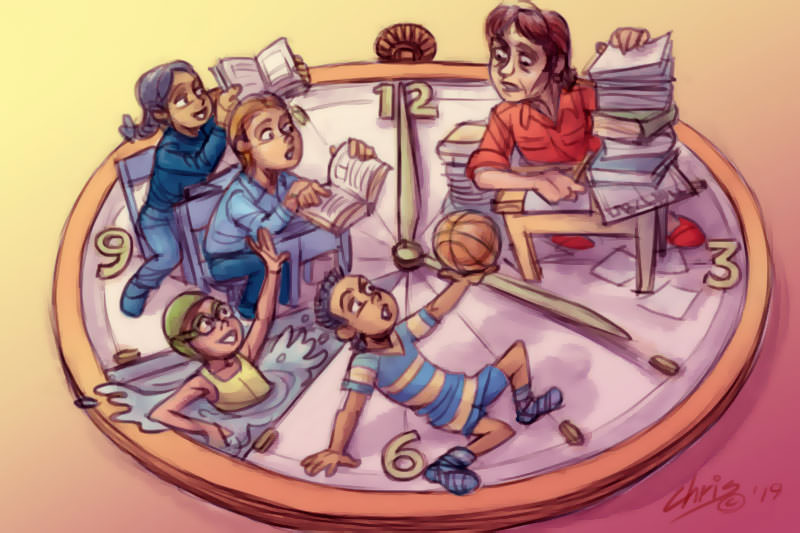
EDUCATION
It's a common cry among progressives that teachers should get paid more. In some instances, this is true. What is, however, more pressing are the poor working conditions that force teachers to choose between students and their own wellbeing and lead them to leave the profession in droves.
READ MORE 